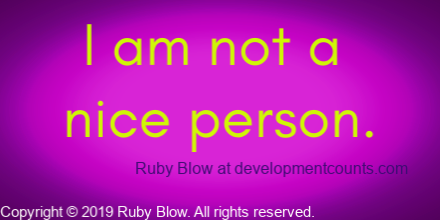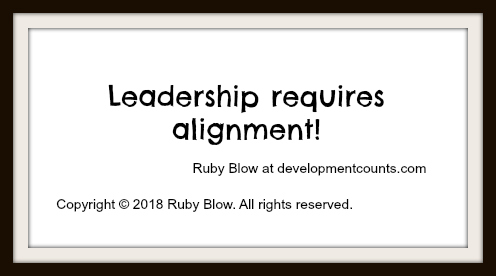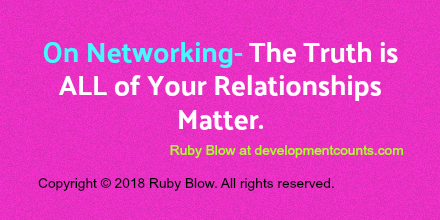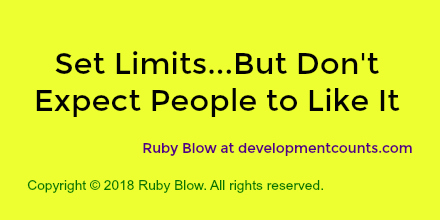Finding Ourselves
Most of us spend a fair amount of our lives “finding ourselves.” What are we really trying to find?
Whether it is determining our roles in our relationships or finding our life’s purpose; to determining our vocation and contribution; to finding our spiritual or religious beliefs.
So much of what shapes us is dictated by our family, our community, our larger culture and society.
- We are taught or shown how we should behave based on gender.
- We are taught what we should or should not believe based on family religious beliefs.
- We are taught our worth or relative value compared to others based on race and ethnicity.
- We also begin to define our ideas about what is possible or impossible based, in some part, on education and financial resources.
Who are you?
I realize these statements are generalizations but you get the idea. We are in part who we are based on what we are directly or indirectly told about who we can be.
So after all of this, how do we know who we really are versus who we are taught or molded to be?
This is often the pain point for many. That dissonance/disconnect between “who I want to be” and “who I seem to be.”
- Can we figure out who we are by looking at or noticing what we do?
- Can we determine who we are based on what we express verbally?
- What about based on how we feel?
- How about determining who we are based on other’s perceptions of us?
The Authentic Self
Perhaps all of these play a role. So how do we uncover the authentic self? Better yet, how do we live from a place of authenticity?
I am using the term “uncover” because it seems to me we see very authentic identities expressed in young children. The express their likes, dislikes and preference very clearly (and loudly). They gravitate toward what they like and who they like with no second guessing or self admonishment.
It seems to me that we only develop this disconnect from our authentic selves when we must learn to behave in socially acceptable ways. Which, of course, is important. But it also comes at the expense of our purest relationship to our emerging selves.
So what if we quiet that “super ego”? That all knowing and judging part of us that says “You shouldn’t feel this, you shouldn’t want that, you shouldn’t enjoy _________.”
Instead notice and catch yourself in all of your small acts of personal conformity.
What are the things you would “do” or “be” differently if you weren’t managing the way others might view you?
Yes, we need to have social skills and compromise in our personal and professional relationships.
Draw a Line
What I’m proposing is that you draw a line and recognize who the authentic self is on the other side of that line.
Ask yourself: “Is what I am saying, feeling and doing resonating with me on one accord?” Could it be that “I am piling on and covering the authentic me with excuses and reasons to cover up the fact that I want what my heart wants” or that “I am what I am?”
In almost every culture, even if it is one that values individuality, there are consequences to the person who strays too far from the family norms. There are serious consequences for expressing thoughts and feelings that are not aligned with one’s family or community.
At its worst, a person gets bullied, socially ostracized, and consequently depressed/anxious and self-loathing.
On the minimal end of the consequences, people who know you and like you may call you weird or eccentric or different or strange.
Let’s all be called weird and strange together. Perhaps that is the true norm that we need to embrace. Let’s be our – and encourage others to be their – authentic selves by reflecting on the question “Is it true in my heart, mind and body?”
If not, what is true and how can I live my life aligned with at truth, whatever it may be?
We need a “self acceptance” movement. One that does not suggest that you are worthy “when.” Instead it proclaims you are worthy now!
Copyright © 2016 Ruby Blow. All rights reserved.
Share your thoughts on Linkedin, Facebook, Twitter





